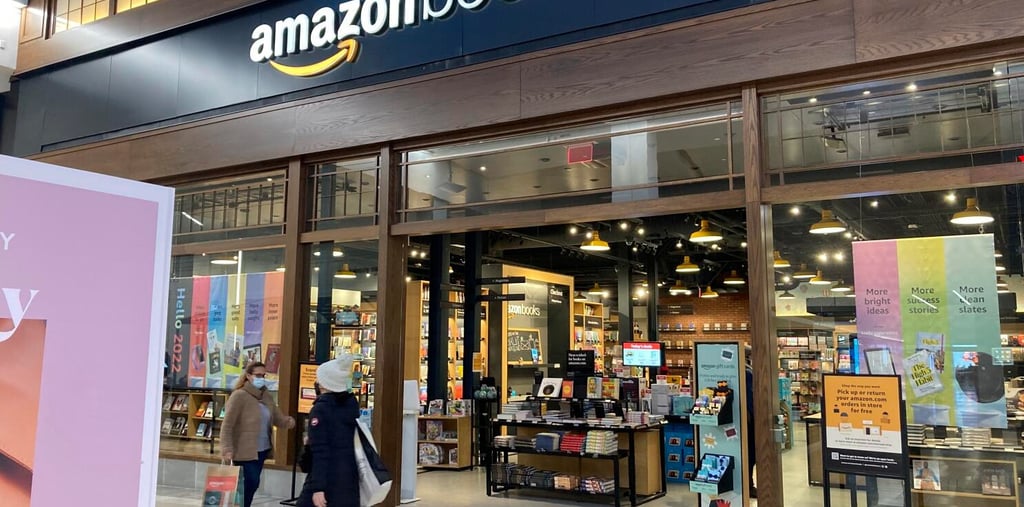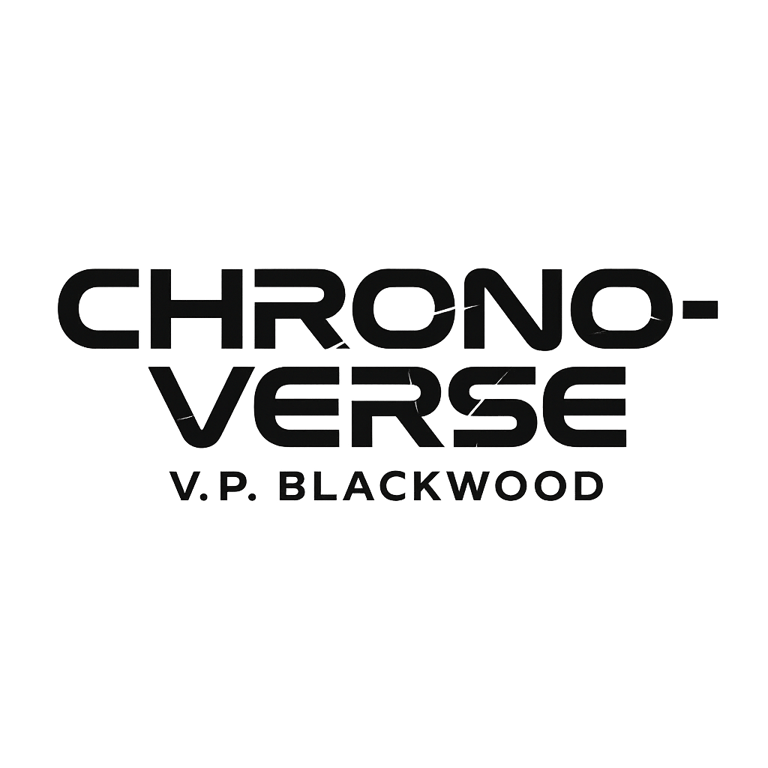Amazon vs The Big 5: The Silent War Shaping the Future of Publishing
The war isn’t loud. There are no press conferences, no flashy headlines. But make no mistake — a silent revolution is rewriting the rules of global publishing. On one side: the century-old giants of traditional publishing, known as the Big 5. On the other: Amazon, armed with algorithms, data, and an open door for millions of indie authors. Spoiler alert? 👉 Amazon is winning.
5/17/20252 min read


🧱 The Old Guard: Who Are The Big 5?
The "Big 5" refers to the five largest traditional publishing houses in the English-speaking world:
Penguin Random House – Owned by Bertelsmann (Germany)
HarperCollins – Owned by News Corp (USA)
Simon & Schuster – Owned by KKR (Private Equity)
Hachette Book Group – Owned by Lagardère (France)
Macmillan Publishers – Owned by Holtzbrinck (Germany)
These publishers dominate the shelves of bookstores, libraries, and bestseller lists. They bring us literary prizes, global translations, and blockbuster authors like Stephen King and Colleen Hoover.
But they’re also slow, selective, and bound by legacy infrastructure — in a digital world that no longer waits.
⚡ Enter Amazon: Speed, Scale, and Subscriptions
With Kindle Direct Publishing (KDP) and Kindle Unlimited (KU), Amazon has built a publishing empire that runs on speed, accessibility, and reader data.
Let’s break it down:
FeatureAmazon KDPBig 5Time to publish24 hours12–24 monthsRoyalty rate35–70%5–15% (after agent & tax)Control100% indie controlHeavily curated by editorsReader accessGlobal instantlyDepends on distributionSubscription reachKU: 5–6M readers❌ Not available
Most importantly, Amazon controls over 80% of the eBook market in the US. That’s not a statistic — that’s a chokehold.
📉 The Big 5 Are Losing Ground
Traditional publishers are increasingly dependent on Amazon… to sell their own books. Yes, the enemy is also the landlord.
In 2020, Amazon and Hachette went into a pricing war.
👉 Amazon simply removed Hachette books from its store for a while.
Outcome? Hachette lost millions. Amazon didn’t blink.In 2023, Penguin Random House tried to acquire Simon & Schuster — an act of desperation to consolidate power.
👉 It was blocked by the US government for monopoly concerns.
While the Big 5 play defense, Amazon expands Kindle Unlimited, increases the KDP Select Global Fund ($61.3M in April 2025 alone), and empowers indie authors to build careers — no gatekeepers required.
🔥 The Indie Author Revolution
For writers, the shift is clear:
You can wait 18 months, pray for an agent, and give away your rights to a Big 5 imprint.
OrYou can publish tomorrow, earn up to 70% royalties, and build a loyal KU reader base.
And yes — KU authors are eating up page reads. In fact, most indie authors earn more from KU (KENP) than from outright book sales.
Amazon doesn't just sell books. It sells a system. A platform. A loop of discoverability and monetization that rewards volume, consistency, and reader behavior.
It’s not about “art vs capitalism.”
It’s about control.
💡 So Who Wins?
Let’s be honest: The Big 5 still own prestige. They win Pulitzers. They dominate New York Times lists. They have deep media connections.
But Amazon owns the future.
The numbers. The distribution. The audience.
This is not David vs Goliath.
This is Goliath vs Hydra.
Because Amazon has built millions of Davids — indie authors — and given them weapons.
And if you’re a writer today, the question isn’t “Can I get published?”
It’s “Do I even need them anymore?”
✍️ Final Thought
The publishing battlefield has changed. You don’t need permission to share your voice with the world. You need a keyboard, a vision, and the guts to hit Publish.
The gatekeepers are still guarding the old castle.
But outside, the indie army is already building cities of their own.
Welcome to the new world of publishing.
Subscribe
Join our newsletter for updates and stories.
To Contact
Chrono verse | V.P. Blackwood
© 2025. All rights reserved.
Visit our youtube channel to listen to Soundtracks of the series
